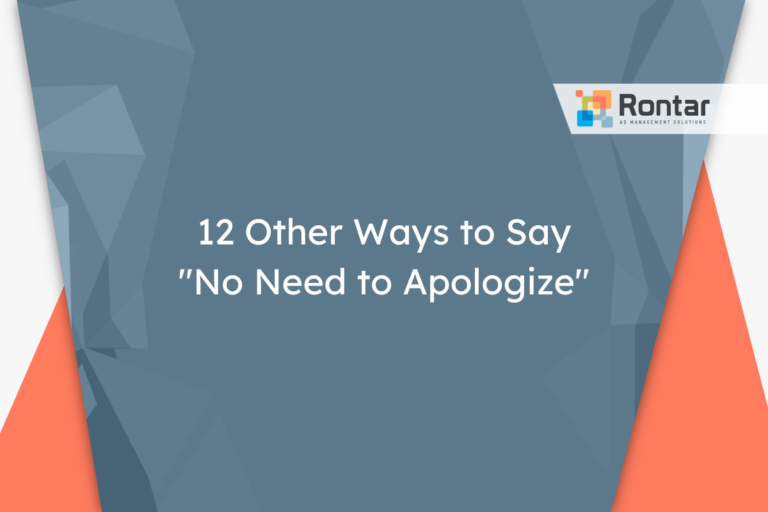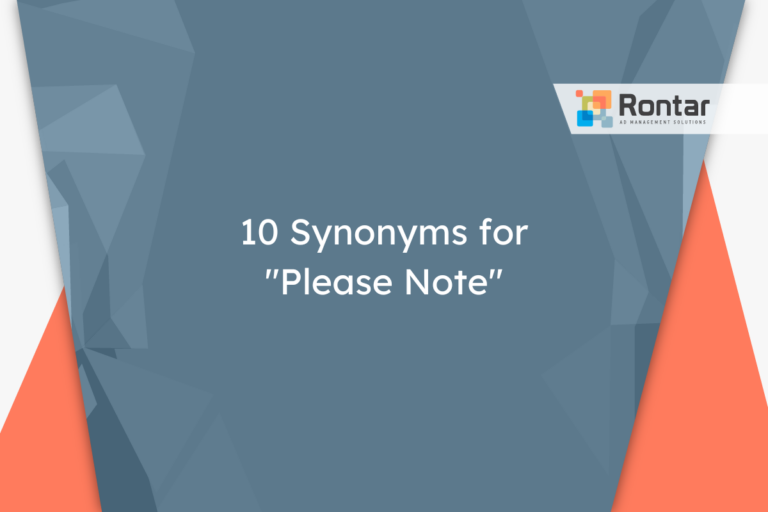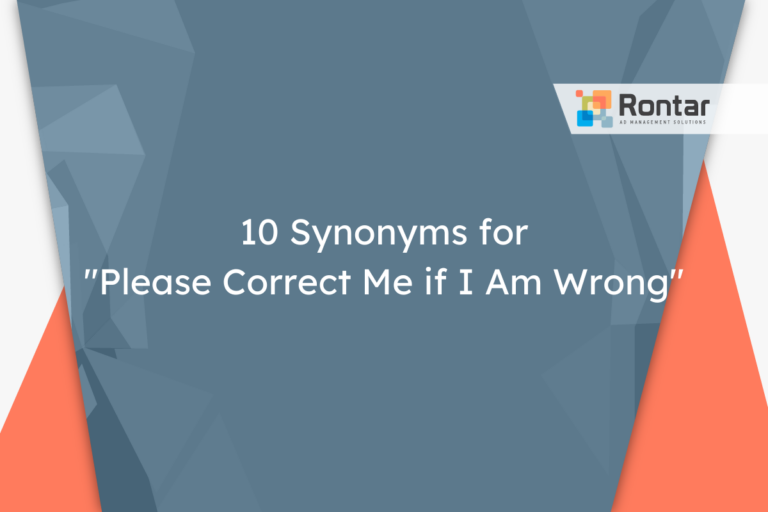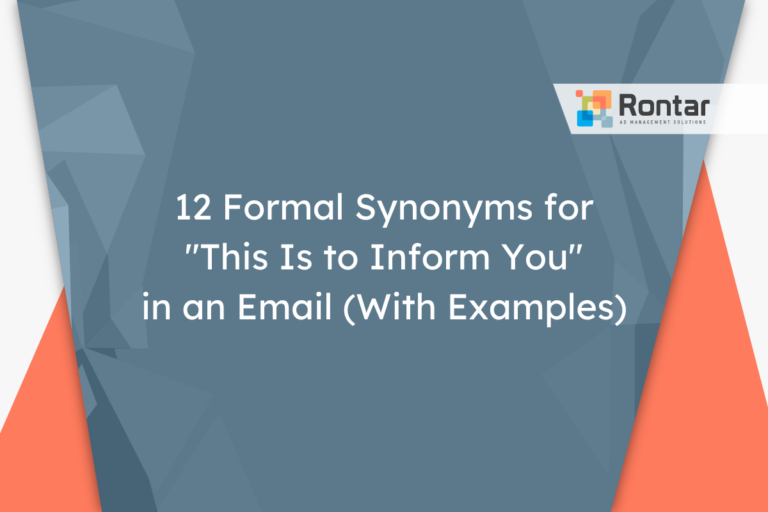10 Synonyms for “The Pleasure Is All Mine”

Responding to a “thank you” doesn’t have to be repetitive.
In this article, we explore 10 different ways to say “The pleasure is all mine,” offering options for both formal and informal situations. Each alternative comes with explanations on when and how to use it, ensuring you can express your gratitude or acknowledgment appropriately. Whether you’re writing an email or speaking in person, these phrases will help you communicate more effectively.
Is It Professional to Say “The Pleasure Is All Mine”?
Yes, saying “the pleasure is all mine” is considered professional, formal, and polite. This phrase is a humble way of showing gratitude or acknowledging someone’s thanks. It works well in business and social settings to convey appreciation genuinely.
You can use this phrase when replying to someone who thanks you for your help, support, or for fulfilling a request. It fits all types of recipients, be they clients, colleagues, or superiors. “The pleasure is all mine” is versatile for use in emails, letters, and in-person conversations. It helps maintain a tone of mutual respect and professionalism.
Here’s an example of use in an email:
Hi Mark, The pleasure is all mine. Today's meeting was both productive and enjoyable. Looking forward to our next steps. With gratitude, Lisa
Pros:
- Shows humility and gratitude.
- Promotes a positive and professional relationship.
- Flexible for use with a wide range of recipients and contexts.
Cons:
- Might be seen as overly formal in very casual or familiar settings.
- Without the right tone, it could be perceived as insincere.
While “the pleasure is all mine” is widely accepted and understood, someone might want to use an alternative phrase to match the tone of the conversation better or to offer variety in their responses.
10 Other Ways to Say “The Pleasure Is All Mine”
Looking for a different way to express your gratitude or respond to a “thank you”? Here are ten alternatives you can use:
- Glad to help
- Happy to assist
- Glad I could help
- Glad I could be of service
- Great to be of help
- It was no trouble
- No problem
- Don’t mention it
- You do not have to thank me
- All good, happy to help!
1. Glad to help
This alternative is more informal and friendly compared to the original phrase. It suggests a willingness to assist and a positive attitude towards helping. This phrase can make the speaker seem approachable and helpful.
We recommend using “Glad to help” in less formal emails or messages, especially when communicating with colleagues or clients you have a good rapport with. It works great in both written and verbal communication, adding a touch of friendliness.
Here’s a sample of how you could use this in an email:
Hi Emily, Glad to help anytime! Best, Tom
2. Happy to assist
This phrase is slightly more formal than “Glad to help” but still conveys a helpful and positive demeanor. It’s versatile, fitting into both professional and casual contexts while remaining polite.
“Happy to assist” is suitable for emails and messages where you want to keep a professional but friendly tone. It could be used with both clients and colleagues, maintaining a balance between professionalism and amiability.
Here’s an example using “Happy to assist”:
Hi James, I was happy to assist. Let me know if you need anything else. Regards, Sandra
3. Glad I could help
This phrase implies that you have already provided help and are pleased about it. It’s personal and informal, making it ideal for conversations where a friendly tone is preferred.
It’s best used when you have already assisted someone, and they are thanking you. This synonym is great for informal emails or text messages, especially with colleagues or friends.
See this phrase in action:
Hello Ben, Glad I could help! Let me know if there’s anything else I can do. Cheers, Anna
4. Glad I could be of service
This alternative sounds more formal and suggests a higher level of assistance, possibly involving expertise or special effort. It is professional and suggests a sense of duty or responsibility fulfilled.
We recommend using this phrase in communications where you want to emphasize your role or contribution in a professional capacity. It is suitable for formal emails or letters, particularly in customer support contexts.
Here’s how you might use it:
Dear Mr. Thompson, Glad I could be of service! If there's anything more you need or any further questions you have, just let me know. I'm here to help. Kind regards, Elizabeth
5. Great to be of help
Similar to other alternatives, this suggests happiness in being able to assist but feels a tad more informal. It’s upbeat and slightly less commonly used, which can make your message stand out more.
This phrase is best suited for conversations with team members or peers where a lighter, more cheerful tone is appreciated. It’s perfect for casual emails, messages, or even verbal exchanges.
Example message including “Great to be of help”:
Hey Lisa, Great to be of help! If you have any more questions or need further assistance, feel free to reach out. Happy to support you in any way I can. Best, Mark
6. It was no trouble
This phrase downplays the effort involved in the assistance, implying that it was easy or not bothersome to help. It is modest and informal, creating a gracious and unassuming tone.
Use “It was no trouble” when you want to reassure the other person that helping them was not an inconvenience for you. It’s suitable for messages or emails among colleagues or acquaintances, especially after fulfilling a request or favor.
An email example:
Hi Kristen, It was no trouble at all. I’m glad I could assist. Should you need any more help or have any questions, please don’t hesitate to ask. Warmly, Jared
7. No problem
This synonym is very informal and conveys that helping was easy or hassle-free. It’s straightforward and one of the most commonly used phrases in everyday language to acknowledge thanks.
“No problem” works best in casual conversations or in professional settings where a more relaxed communication style is established. It’s great for texts, chats, or internal emails among team members.
Here’s a sample email using “No problem”:
Hi Alex, No problem! I'm here to help, so if you have any more questions or need further assistance, just let me know. All the best, Jordan
8. Don’t mention it
This phrase is a modest way of saying that the help provided was not significant enough to warrant thanks. It’s informal and conveys a sense of nonchalance about the effort put in. This alternative is very polite.
“Don’t mention it” is good for informal interactions or when you want to make the recipient feel at ease about asking for your help. It’s suitable for spoken conversations and casual messages.
Email example:
Hi Carol, Don't mention it! I'm glad I could assist. If there's anything else you need or have any more questions, I'm always here to help. Regards, Sam
9. You do not have to thank me
This is a formal way of dismissing the need for thanks, emphasizing that the action was part of your duties or simply something you were happy to do. It emphasizes the act of helping over the acknowledgment of it.
Suitable for both professional and personal situations, this alternative conveys a deep sense of generosity and selflessness. It’s perfect for formal emails or letters, especially when you have gone out of your way to assist someone.
An example of usage in a message:
Hi Paula, You do not have to thank me. I'm here to support you, and if there’s anything else you need or further questions come up, just let me know. Always happy to help. Sincerely, George
10. All good, happy to help!
This phrase is the most informal of all the alternatives. It’s very relaxed and suggests not only that helping was no trouble but that the whole interaction is seen in a positive light.
“All good, happy to help!” is perfect for casual work environments or when communicating with friends or close colleagues. It should be used in emails, text messages, or verbally when the mood is light and the relationship is good.
See how it fits into an email:
Hey Mike, All good, happy to help! If anything else comes up or you have more questions, feel free to reach out. Cheers, Danny
Final Thoughts
Choosing the right words to express your feelings when replying to a thank you can enhance your conversations and strengthen your relationships. With the 10 alternatives to “The pleasure is all mine” provided, you now have a variety of ways to show your appreciation. Each alternative offers a unique shade of meaning to fit different situations, whether they are formal or informal. Use these phrases wisely to keep your language fresh and interesting.






